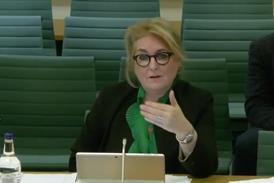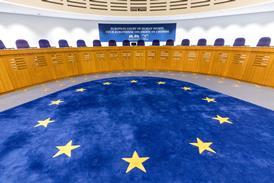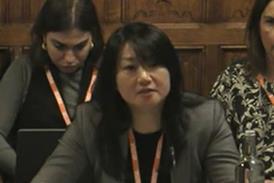A veteran solicitor has been rebuked for failing to act properly when a client wanted to gift one of his relatives in a will.
Paul Ibbotson, admitted in 1972, had drafted the will on behalf of a client who had been a friend for more than 50 years. This client wanted Ibbotson’s family member to be in a beneficiary, inheriting half of the residue of the client’s estate.
The will was drafted in 2002 and Ibbotson, from Sheffield firm Metcalfe David Eyres, was appointed as one of two executors. The client died almost three and a half years ago.
Despite the value of the intended gift being what the Solicitors Regulation Authority called a ‘significant sum’, Ibbotson did not advise the client to seek independent legal advice, nor did he cease to act for them. This was a breach of solicitor rules.
The SRA stated that there was no indication that the client made their decision in any way other than voluntarily. Their capacity was not in question at the time of giving instructions and there was nothing to suggest that they would have acted differently if advised by an independent solicitor.
Ibbotson put forward that his conduct was unintentional, this was an isolated incident that would not be repeated, and he had a clear regulatory history spanning 50 years in the profession.
He agreed to pay £300 costs and to be rebuked.
Meanwhile, the SRA has also rebuked Johnathan Hunter, admitted in 2014, after he acted for his step-sister in relation to the purchase of a residential property.
The completion monies were to be provided by Hunter’s father who was a director of companies that were regular clients of Hunter’s firm, Midlands-based Higgs LLP. Hunter provided some advice on a loan agreement between his step-sister and one of those companies.
The firm became aware of the matter and investigated Hunter’s actions, which resulted in concerns that he failed to follow procedures, failed to make checks on the source of funds and acted in a conflict of interests.
Hunter admitted failing to act in a way that upholds the public trust and confidence in the solicitors’ profession. The SRA noted personal and health issues he was experiencing at the time and said this was an isolated incident in an otherwise clear regulatory history. He did not personally benefit from his actions and there was no adverse impact.
He was ordered to pay £600 costs.
























